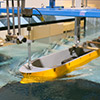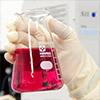Educational Aims
The Department of Chemical Engineering offers learning the fundamental and advanced knowledge about the field of chemical engineering. Chemical engineering comprises disciplines, including physical chemistry, reaction engineering, thermal engineering, fluid engineering, mass transfer engineering, process systems engineering, and biochemical engineering. These areas of specialization have been developed for the purpose of manufacturing materials and products in chemical plants, etc. In addition, this department provides advanced knowledge and research opportunities about cutting-edge fields, including environment, energy, new materials, biotechnology, advanced medical technology, chemical process, astronautics and artificial intelligence. Department of Chemical Engineering offers a great academic curriculum that enables students to learn the knowledge and skills of chemical engineering from the basic to the advanced level of production process in the manufacturing industry. In the Master's course, students develop the knowledge and skills to solve various practical problems of chemical engineering. In the Doctoral course, students advance their academic foundation by themselves and conduct their cutting-edge research themes. Department of Chemical Engineering provides many educational opportunities for students to acquire great ability to solve issues of industry and society comprehensively.
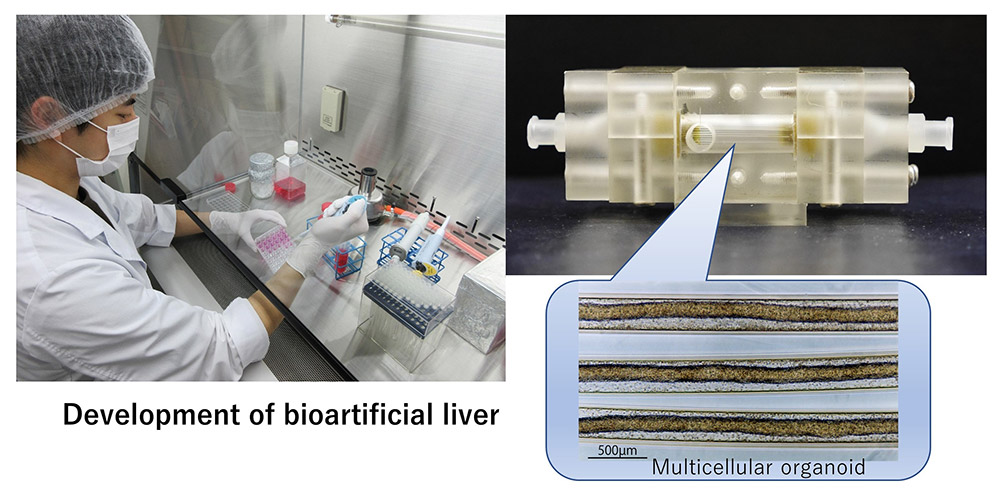
Admission Policies
Department of Chemical Engineering pursues the discovery and systemization of improved mechanisms for new chemical and physical phenomena, substances, and biological objects, as a base to create techniques and materials that support sustainable development and future societies.
Prospective students are expected to:
- Have fundamental scientific knowledge of substances and materials
- Have the education and engineering ethics necessary for engineers and researchers
- Be proactive learners with ambition and initiative
- Have the linguistic ability needed to respond to global needs
Overviews
In this department, students acquire the skills to work and apply their knowledge in three areas: "Living things and life," "Environment and energy," and "New materials." In the area of "living things and life" the aim is to learn about artificial organs, bio-pharmaceuticals, genetic delivery, regenerative medicine and bio-production. In the areas of "environment and energy," topics include fuel cell batteries, energy saving technologies, elimination of toxic substances, separation of trace amounts of useful substances, and safe factory/plant operation, etc. In the "new materials" area, the objective is to learn about new materials, biomaterials and electronic materials, etc., used in nano-level control.
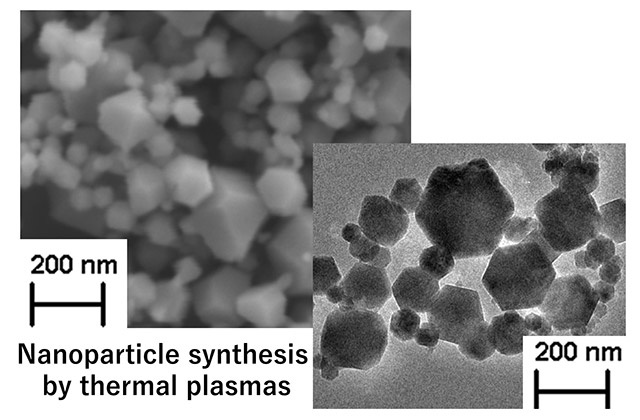
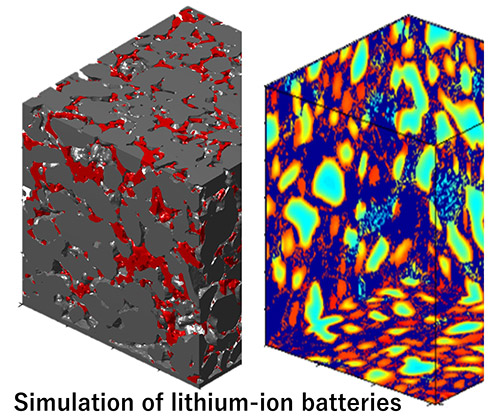
Researches
The Department of Chemical Engineering comprises the nine specialized fields of
- Industrial Physical Chemistry
- Chemical Functional Materials Engineering
- Biochemical Engineering
- Thermal Engineering
- Fluid Engineering
- Mass Transfer Engineering
- Process Systems Engineering
- Biomaterials / Medical Engineering
- Biofunctional Materials Engineering







